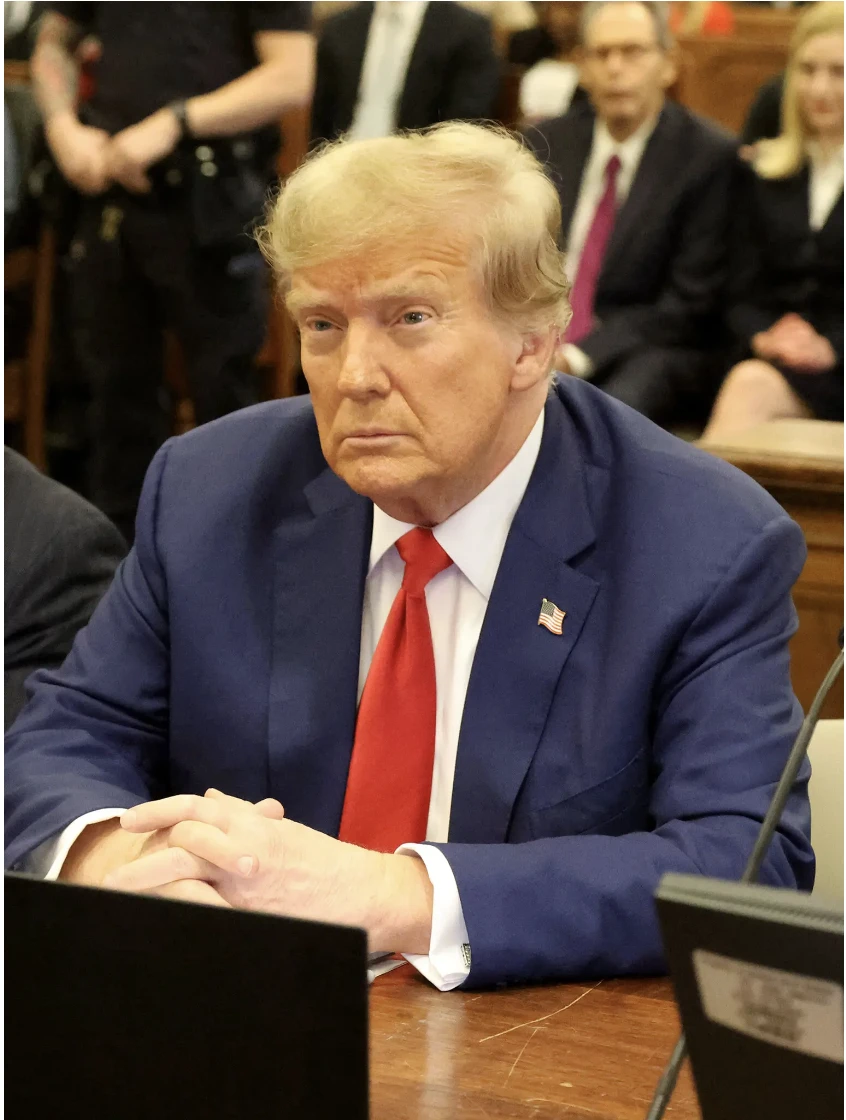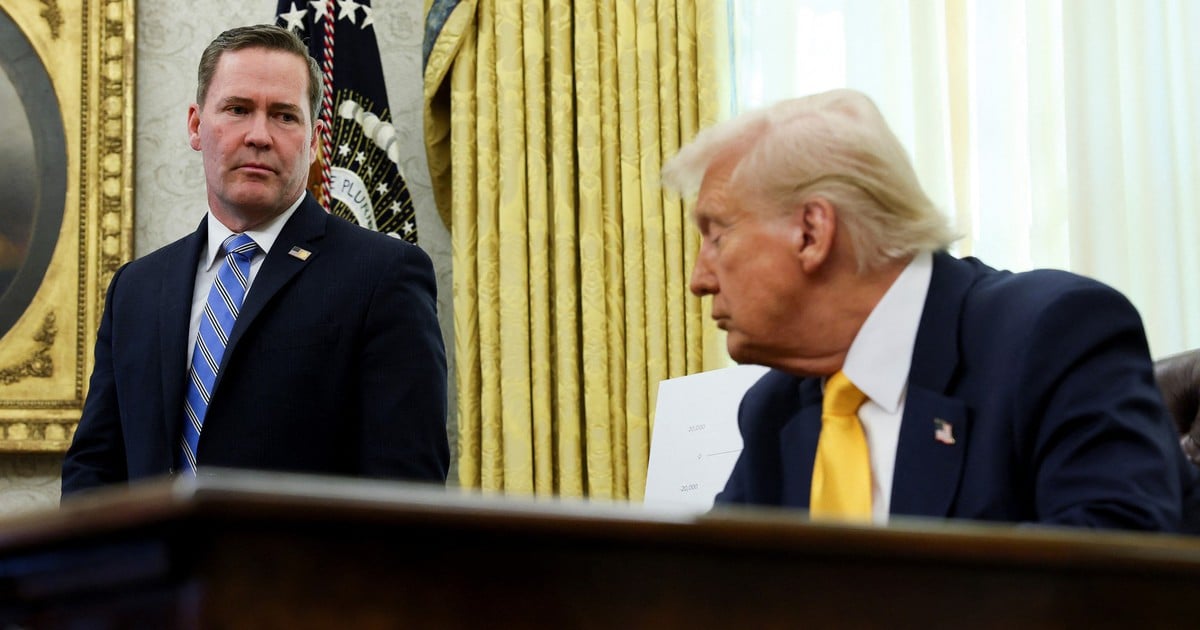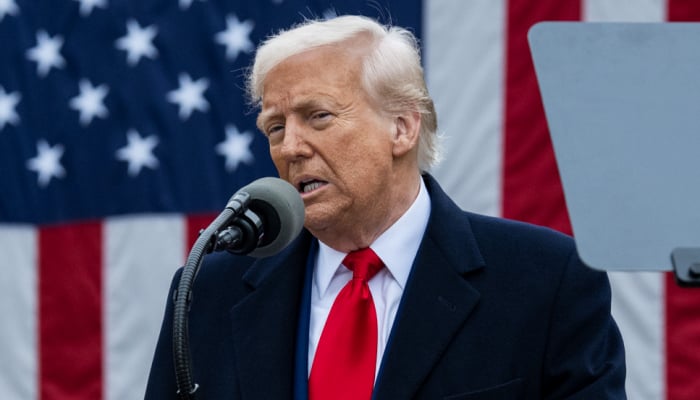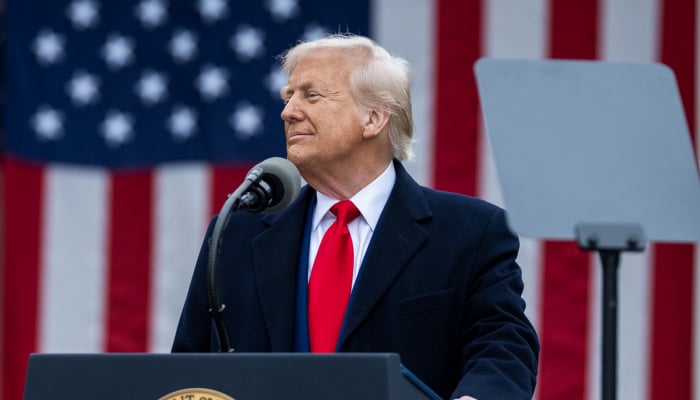New York State Court of Appeals Chief Judge Anil Singh has refused to accept former President Donald Trump's $100 million deposit to delay a decision in a civil fraud lawsuit, forcing him to pay the full $454 million fine ordered by the judge.

Defense attorneys said Mr. Trump could not have gotten a higher amount without selling some of his real estate. While the assets could be sold to raise cash in an emergency, there would be no way to recover them if an appeal was successful, nor would there be any way to recover the financial losses incurred.
Former President Trump’s estimated net worth is in the billions, but much of it is in real estate, not cash. His lawyers argued that the $100 million bond, combined with Trump’s vast real estate holdings and the ongoing oversight of the Trump Organization by a court-appointed monitor, would be more than enough to enforce the judgment.
However, Chief Justice Singh only agreed to temporarily suspend the portion of the ruling that prohibits Mr. Trump and his sons from operating the family business for the next few years. Thus, former President Trump and his two eldest sons can continue to run the Trump Organization for the time being. The order is only temporary before the case is brought before the full panel of the New York Court of Appeals.
On the same day, the US Supreme Court agreed to consider whether former President Donald Trump had immunity from prosecution in his election interference case. On February 6, three judges of the US Court of Appeals in Columbia ruled that former President Trump did not have immunity, but gave him time to file an emergency petition with the Supreme Court to block the ruling.
Regarding the election, Cook County Judge (Illinois, USA) Tracie Porter, on February 28, ruled to disqualify former President Trump from the list of candidates in the Republican primary election in this state because of his role in the riot at Capitol Hill on January 6, 2021.
CHI HANH
Source


![[Photo] Moment of love: Myanmar people are moved to thank Vietnamese soldiers](https://vstatic.vietnam.vn/vietnam/resource/IMAGE/2025/4/3/9b2e07196eb14aa5aacb1bc9e067ae6f)
![[Photo] Prime Minister Pham Minh Chinh chairs meeting after US announces reciprocal tariffs](https://vstatic.vietnam.vn/vietnam/resource/IMAGE/2025/4/3/ee90a2786c0a45d7868de039cef4a712)

![[Photo] A brief moment of rest for the rescue force of the Vietnam People's Army](https://vstatic.vietnam.vn/vietnam/resource/IMAGE/2025/4/3/a2c91fa05dc04293a4b64cfd27ed4dbe)
![[Photo] Special relics at the Vietnam Military History Museum associated with the heroic April 30th](https://vstatic.vietnam.vn/vietnam/resource/IMAGE/2025/4/3/a49d65b17b804e398de42bc2caba8368)
![[Photo] General Secretary To Lam receives Japanese Ambassador to Vietnam Ito Naoki](https://vstatic.vietnam.vn/vietnam/resource/IMAGE/2025/4/3/3a5d233bc09d4928ac9bfed97674be98)


























































































Comment (0)